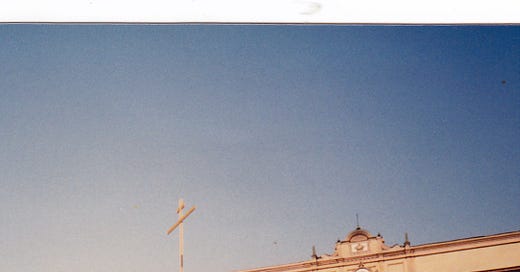RUSXIT—Russia’s Exit from the Global Economy
Western and Russian Market Exits | Bifurcation of the Global Economy
Dear BWR Subscribers,
“Barbershop Whispers….Russia” begins with “My Takeaways” on the main topic, followed by the main topic discussion. The last two sections of “Barbershop Whispers…Russia” are “Follow-ups” regarding previous publications and “Quick Bites” briefly addressing emerging events.
Keep reading with a 7-day free trial
Subscribe to Barbershop Whispers....Russia (Adam A Blanco) to keep reading this post and get 7 days of free access to the full post archives.



